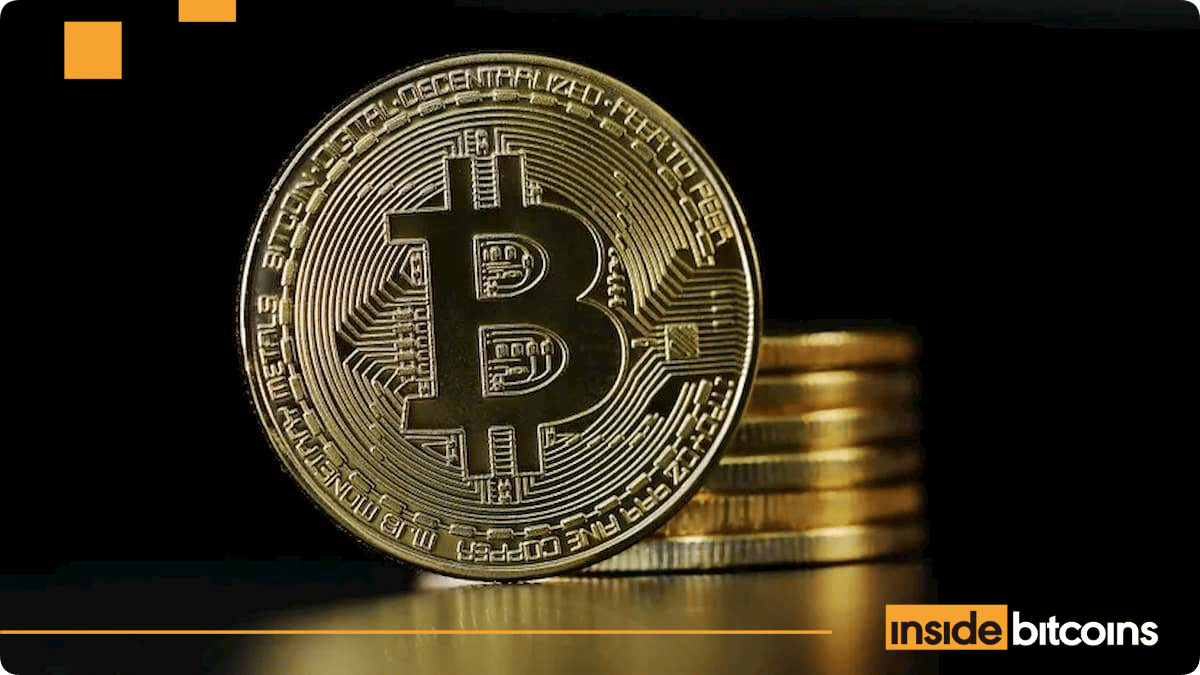Morocco is solidifying its position as the regional leader in digital transformation through a new partnership with the United Nations Development Programme (UNDP) to accelerate the adoption of emerging technologies.
According to a joint statement, the collaboration powers the rollout of the Digital for Sustainable Development (D4SD) Hub, an initiative designed to advance people-centered and innovative solutions and provide support for Arab and African countries interested in transforming their local economies with advanced technologies.
The official launch took place on the sidelines of the 80th United Nations General Assembly (UNGA-80) in New York, which was attended by UN officials, private sector operators, and member-state representatives. Representatives from the Middle East and North Africa (MENA) pledged to develop an artificial intelligence (AI) and Data Science Alliance to harmonize standards in readiness for the D4SD Hub.
The newly minted Hub will prioritize digital public infrastructure (DPI) and AI adoption in African and Arab countries. With AI, the Hub will pay keen attention to promoting use cases in health, education, and climate resistance, backing local innovation across the region.
“The adoption of Artificial Intelligence has emerged as a decisive global issue, and Morocco is determined to play an active role by harnessing this technology in the service of inclusive and sustainable human development,” said Aziz Akhannouch, Head of Government of the Kingdom of Morocco.
In the weeks leading to the official launch, Morocco and the UNDP had inked a Memorandum of Understanding (MoU), pledging $38 million over a three-year window for the D4SD Hub. While the bulk of the funds came from Moroccan authorities, the report noted that the UNDP pledged $1 million as an in-kind contribution to accelerate efforts.
“Through the D4SD Hub, Morocco and UNDP are creating a platform for countries to co-design, test, and scale digital solutions that serve people and the planet,” said Haoliang Xu, UNDP’s Acting Administrator.
Inching forward with emerging technologies
Morocco has disclosed plans to integrate next-gen technologies into key sectors of its economy to improve efficiency and productivity metrics. Earlier, the North African country revealed that its investments in AI and DLT are expected to boost its gross domestic product (GDP) by 10% before the end of the decade.
With regulations launched, use cases are surging. Researchers are turning to blockchain for diploma fraud prevention, while others are exploring AI utility in the country’s judicial system. Furthermore, Morocco-based payment services company VPS has partnered with Mastercard (NASDAQ: MA) to improve the state of digital payments amid a decline in cash-based transactions.
Back to the top ↑
Travel tech takes over
Meanwhile, a new report has highlighted the impact of biometrics and digital wallet integrations on the future of local and international travel, with government authorities scrambling to adopt emerging technologies in airports.
The report pointed to the United Kingdom’s disclosure that it is ready to control its national borders with digital IDs to stifle illegal immigration. British Prime Minister Keir Starmer noted that digital IDs will be mandatory for immigrants seeking jobs in the country, with the plans sparking diverse reactions from critics.
Amid the internal changes, U.K. border control officials have indicated a readiness for the express rollout of Europe’s Entry-Exit System (EES) in October. Ahead of launch day, Eurotunnel has installed nearly 230 biometric kiosks for passengers to submit their fingerprints and passports without leaving their vehicles, shortening the border checks to under two minutes per passenger.
Meanwhile, Global IT firm Amadeus is making a strong case for biometrics and digital ID in the travel industry. A recent survey from the firm disclosed that over 69% of travellers have indicated an interest in turning to biometric gateways for border checks, ditching passports and even mobile devices.
Amadeus’ analysts noted that the best route to transforming the travel industry is adopting an “omnichannel” approach akin to e-commerce. The unified approach will provide a broadening use case for digital wallets while supporting the use of AI agents in clearance processes.
A similar report by global travel market research firm Phocuswright noted that biometrics-based air travel is the next big leap for the sector that has remained largely unchanged for nearly two decades. It highlighted strategies for seamless integration while underscoring potential areas of challenge for travellers and operators.
Critics of the pivot to biometrics-based air travel have pointed to the recent ransomware attacks on the passenger processing system at Collins Aerospace. The attack affected biometric check-in and boarding systems, raising concerns over the privacy and safety of passengers’ data during a security breach.
Back to the top ↑
Airline operators are going full steam on digitization
Despite the concerns about a full digital overhaul, airlines are still keen on integrating emerging technologies into their operations. Etihad Airways has turned to AI to enhance its flight safety protocol, while Air New Zealand and Kuwait’s Jazeera Airways have tapped TCS to digitally revamp their internal processes.
Amid the push by airlines, global authorities are also making progress with the rollout of national digital ID systems with travel functionalities. Nigeria and South Africa have advanced their digital ID plans, while Vietnam and Papua New Guinea have recorded considerable progress since declaring their intention to launch their national systems.
Back to the top ↑
Watch: Here’s how digital vouchers will boost Japan tourism
title=”YouTube video player” frameborder=”0″ allow=”accelerometer; autoplay; clipboard-write; encrypted-media; gyroscope; picture-in-picture; web-share” referrerpolicy=”strict-origin-when-cross-origin” allowfullscreen=””>
Source: https://coingeek.com/morocco-undp-drive-digital-hub-as-biometrics-reshape-travel/


